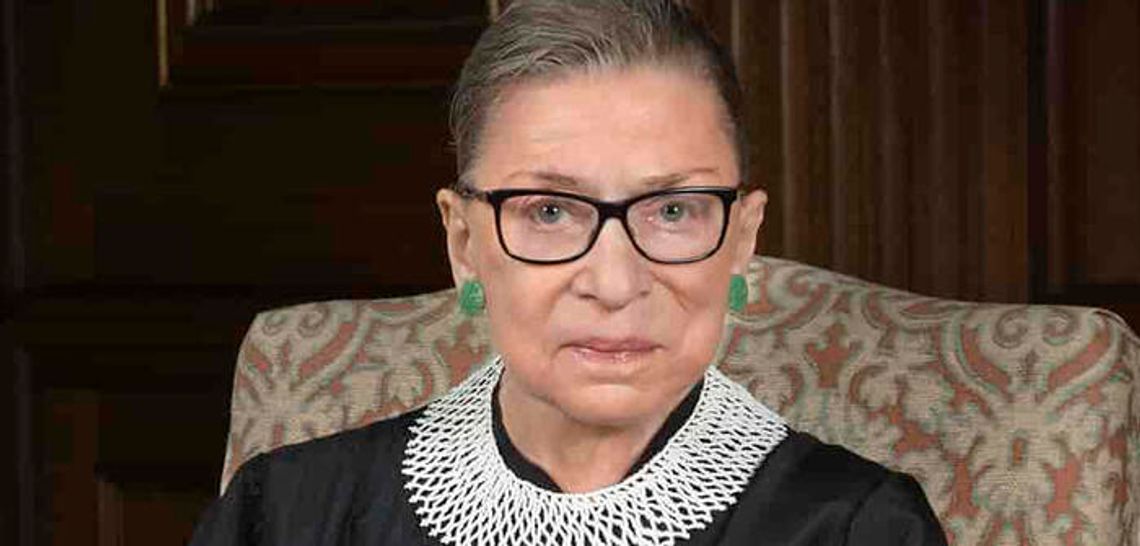by Anita Miller
Her words, though spoken softly, lifted the tide of equality for all; and her fierce determination was the rock against which discriminatory laws shattered.
Supreme Court Justice Ruth Bader Ginsburg, who died on Sept. 18 at the age of 87, was not only a pioneering figure to generations of Americans, she was a role model that untold numbers of girls would have dressed up as this Halloween.
PLEASE LOG IN FOR PREMIUM CONTENT. Our website requires visitors to log in to view the best local news.
Not yet a subscriber? Subscribe today!











